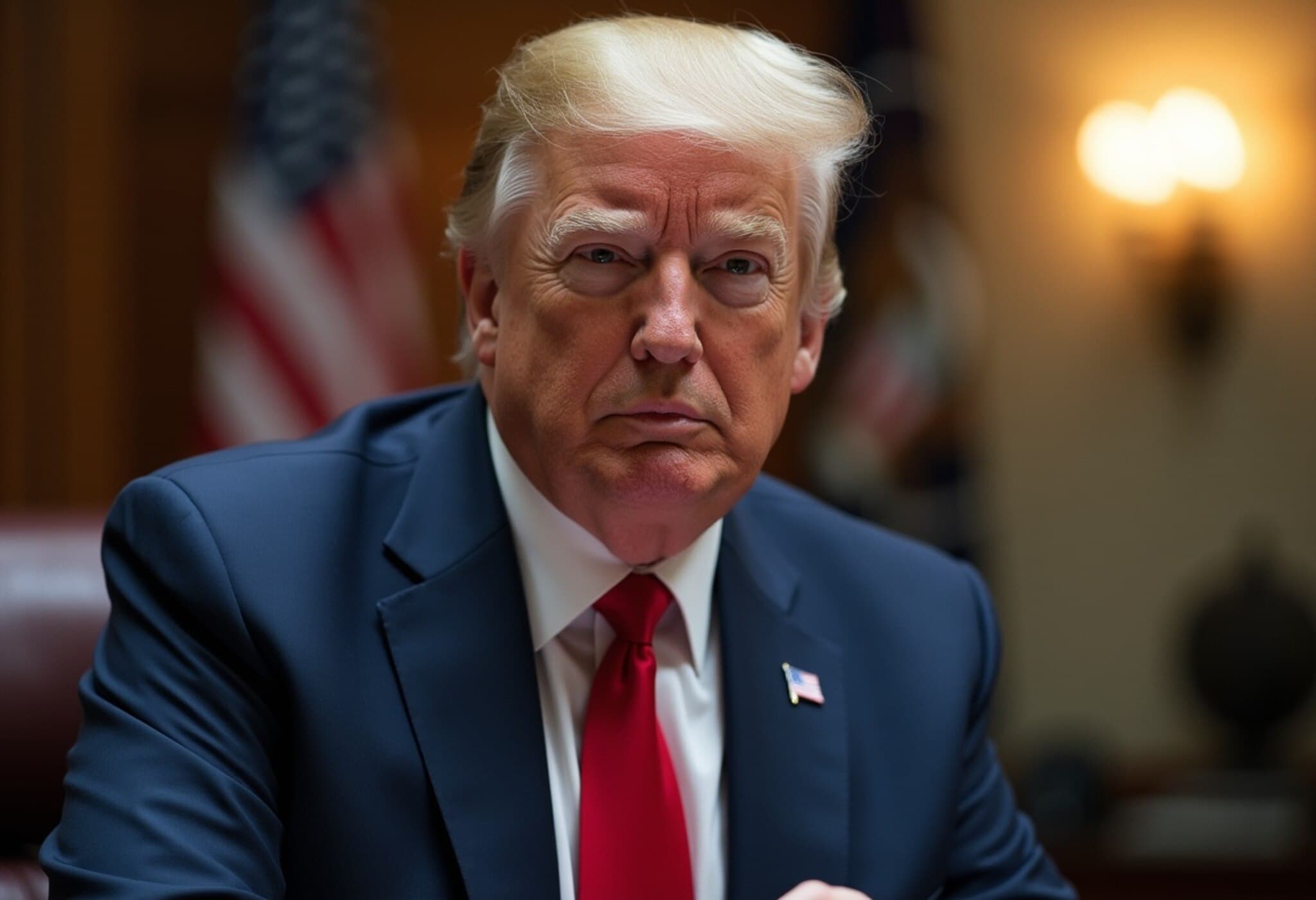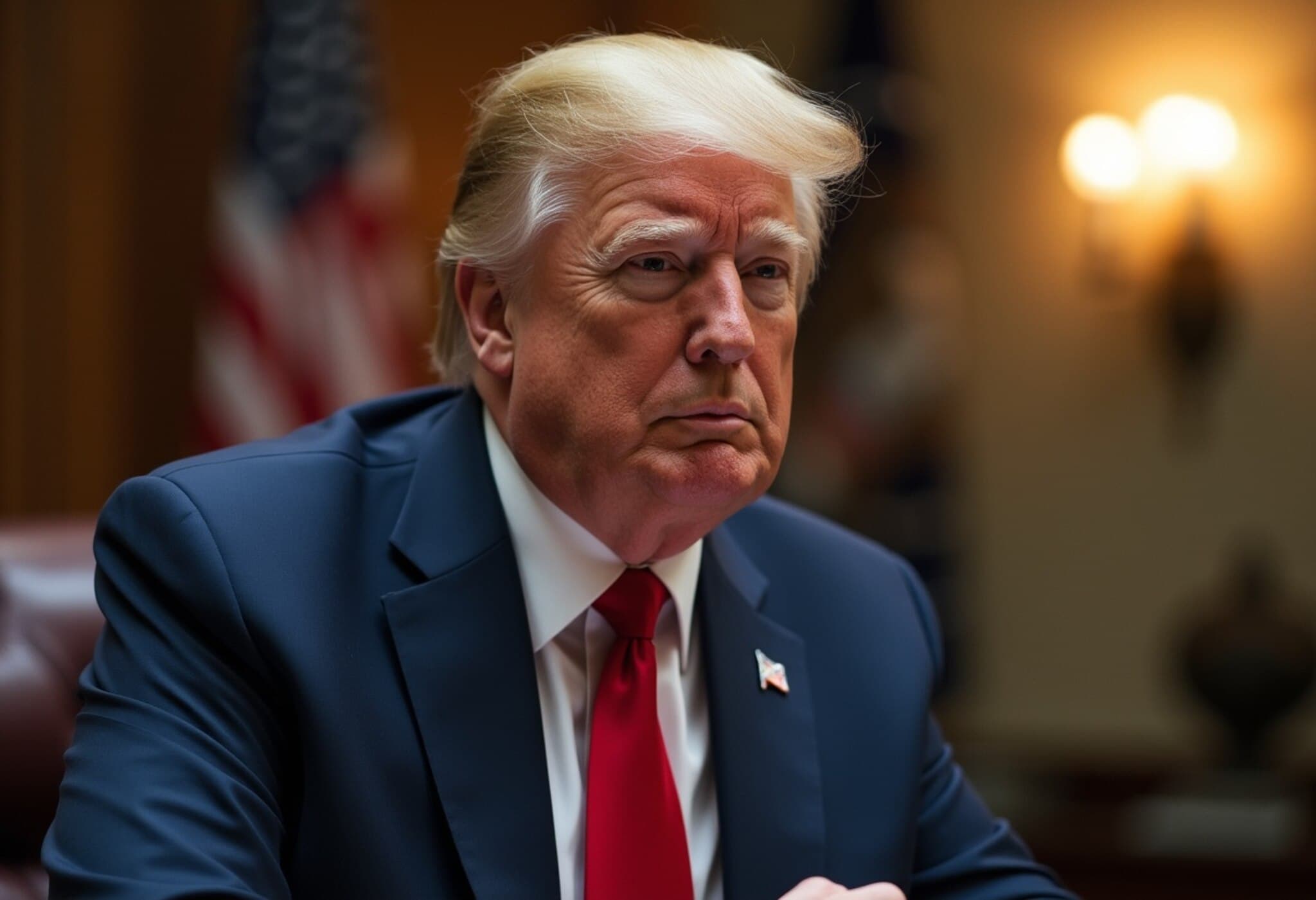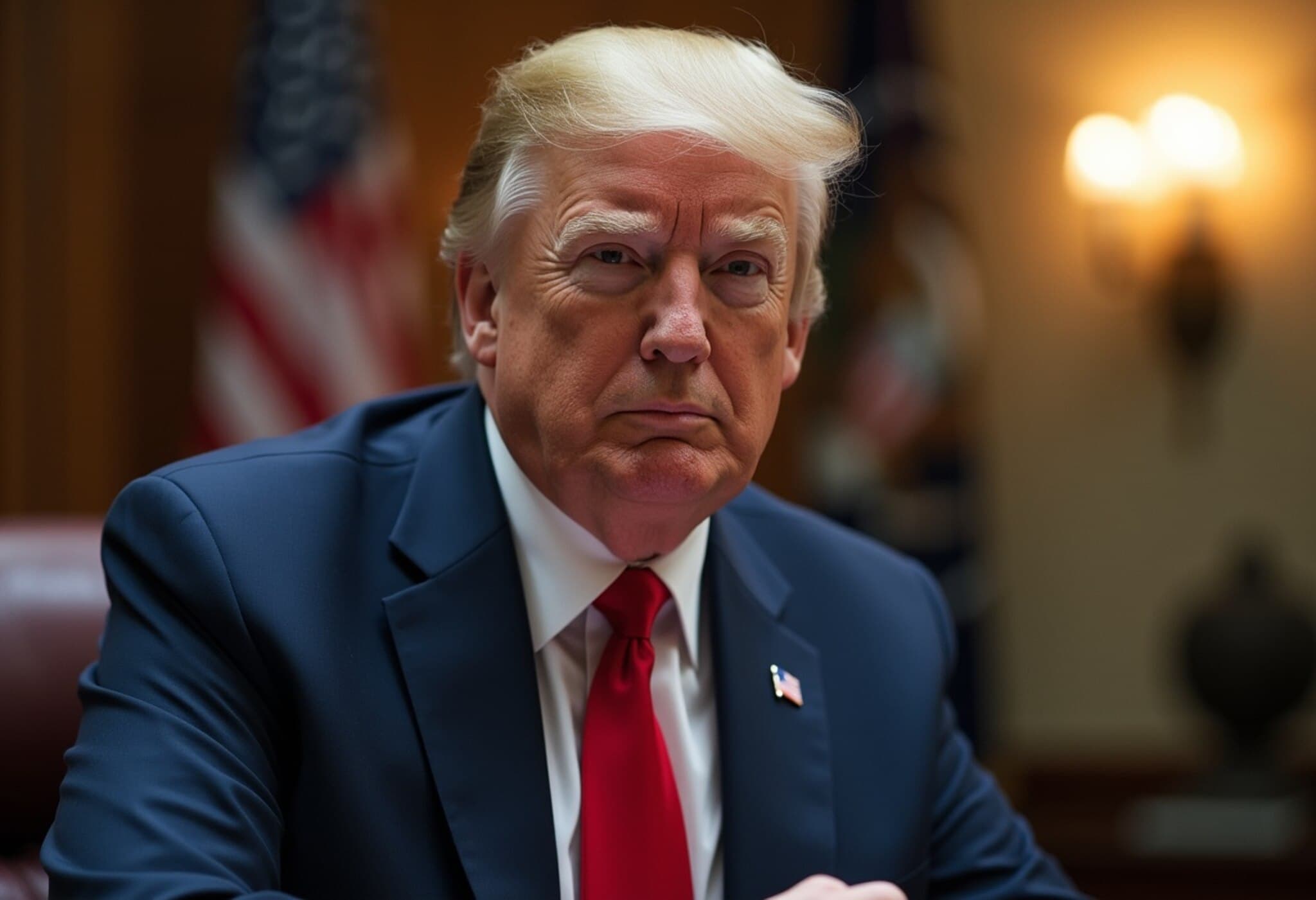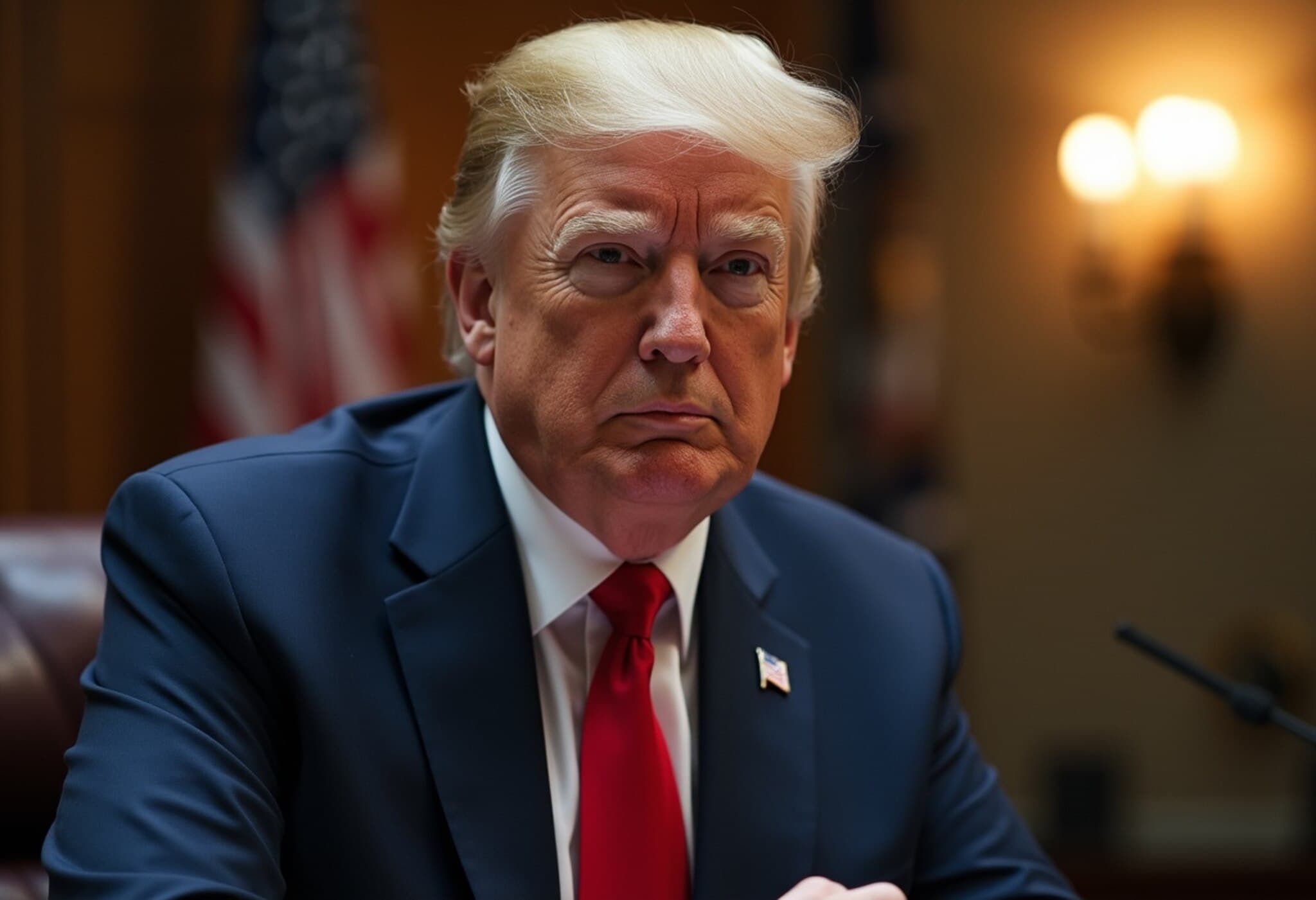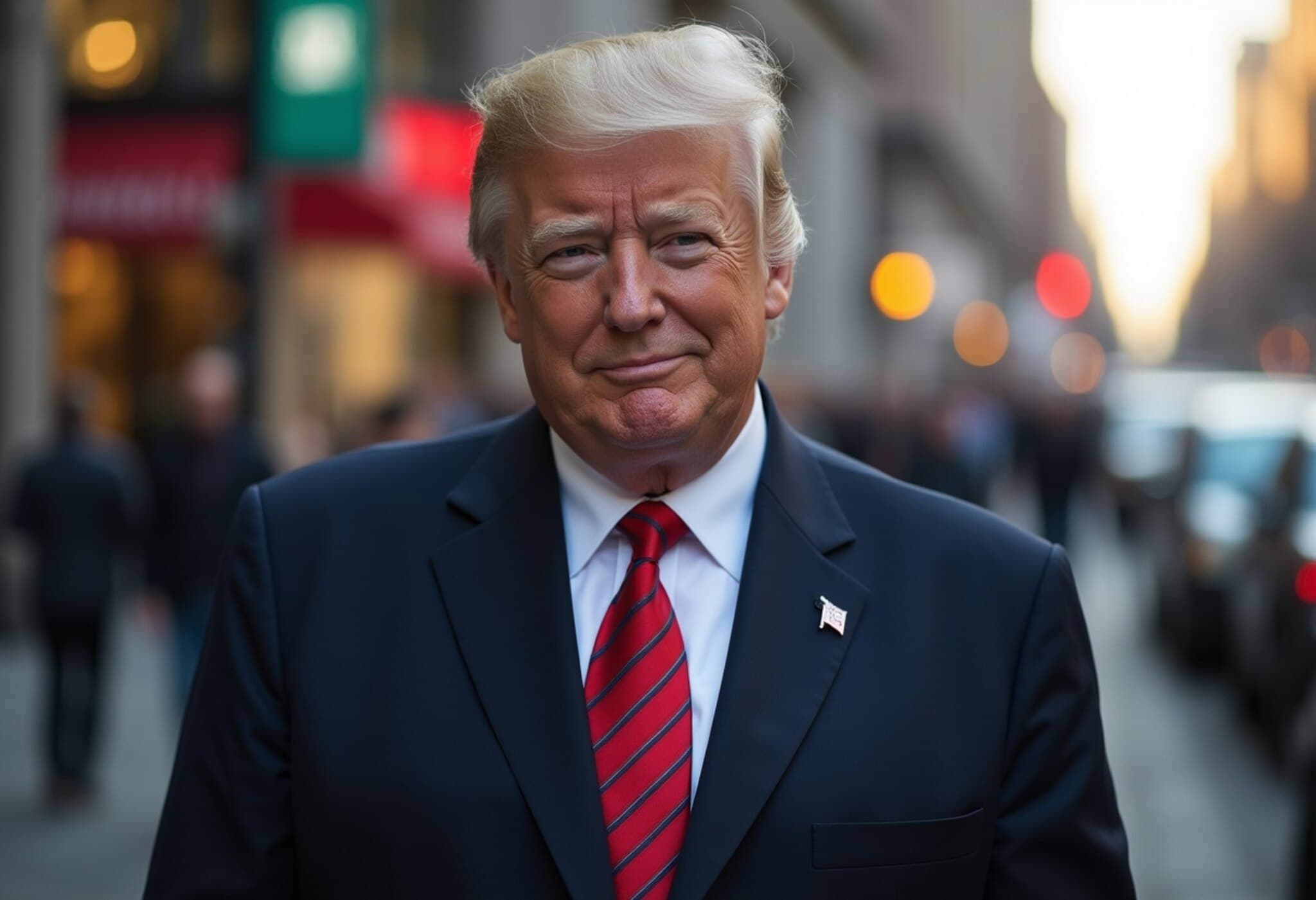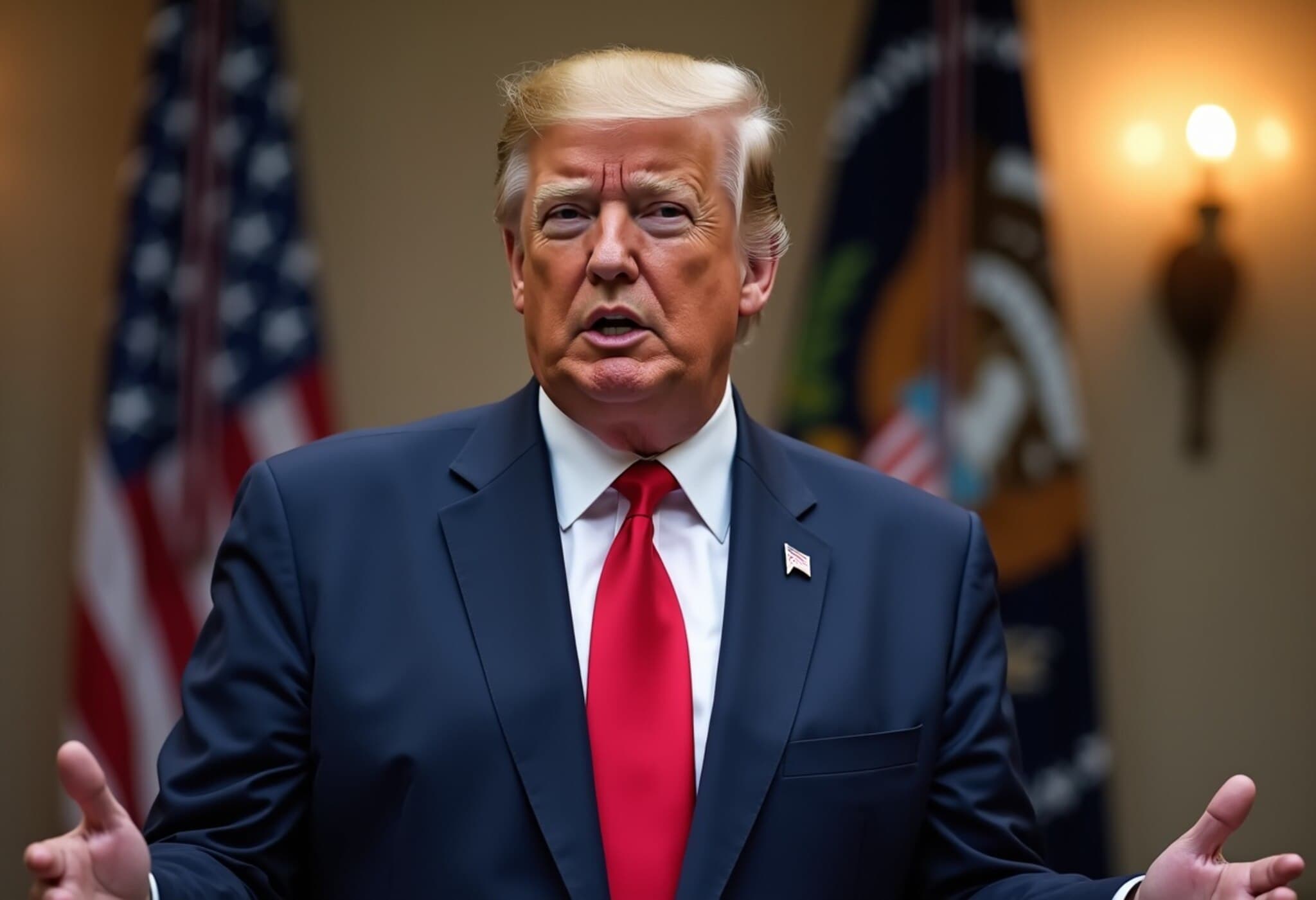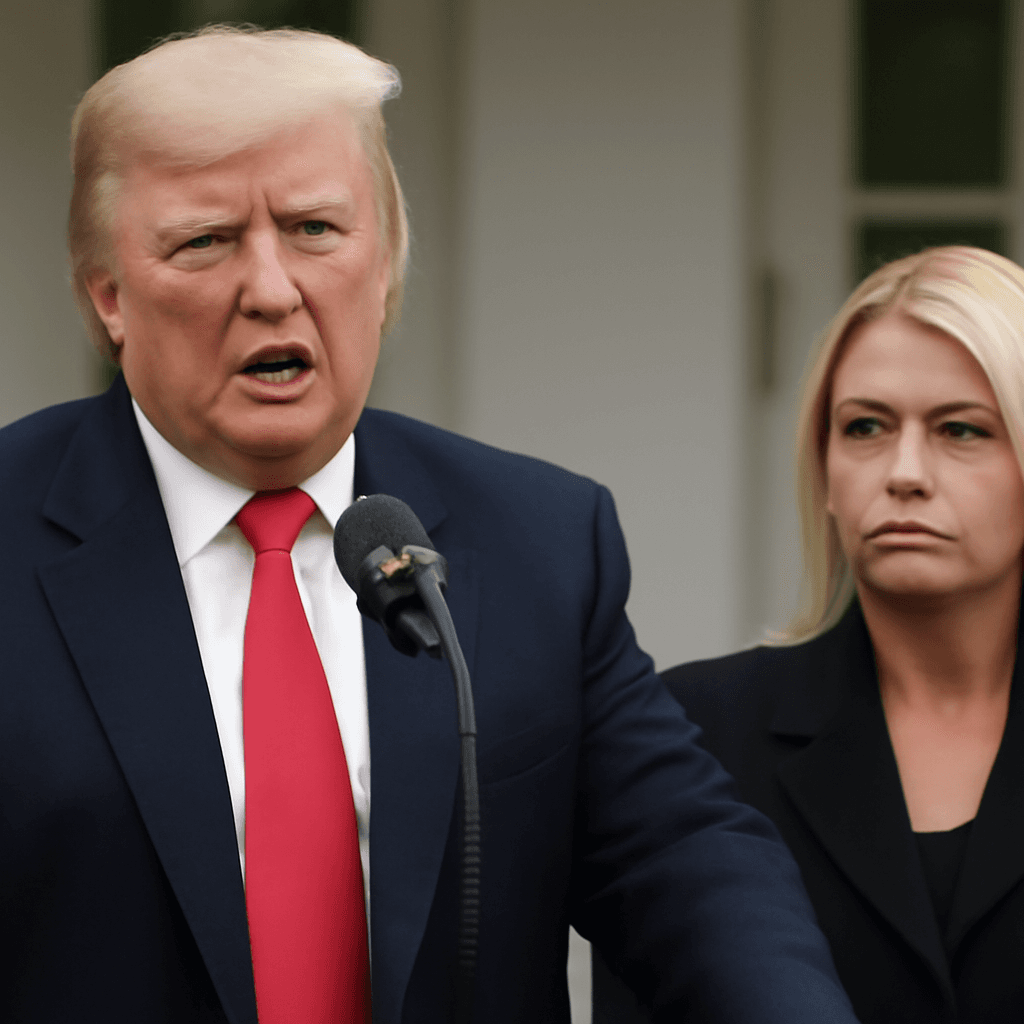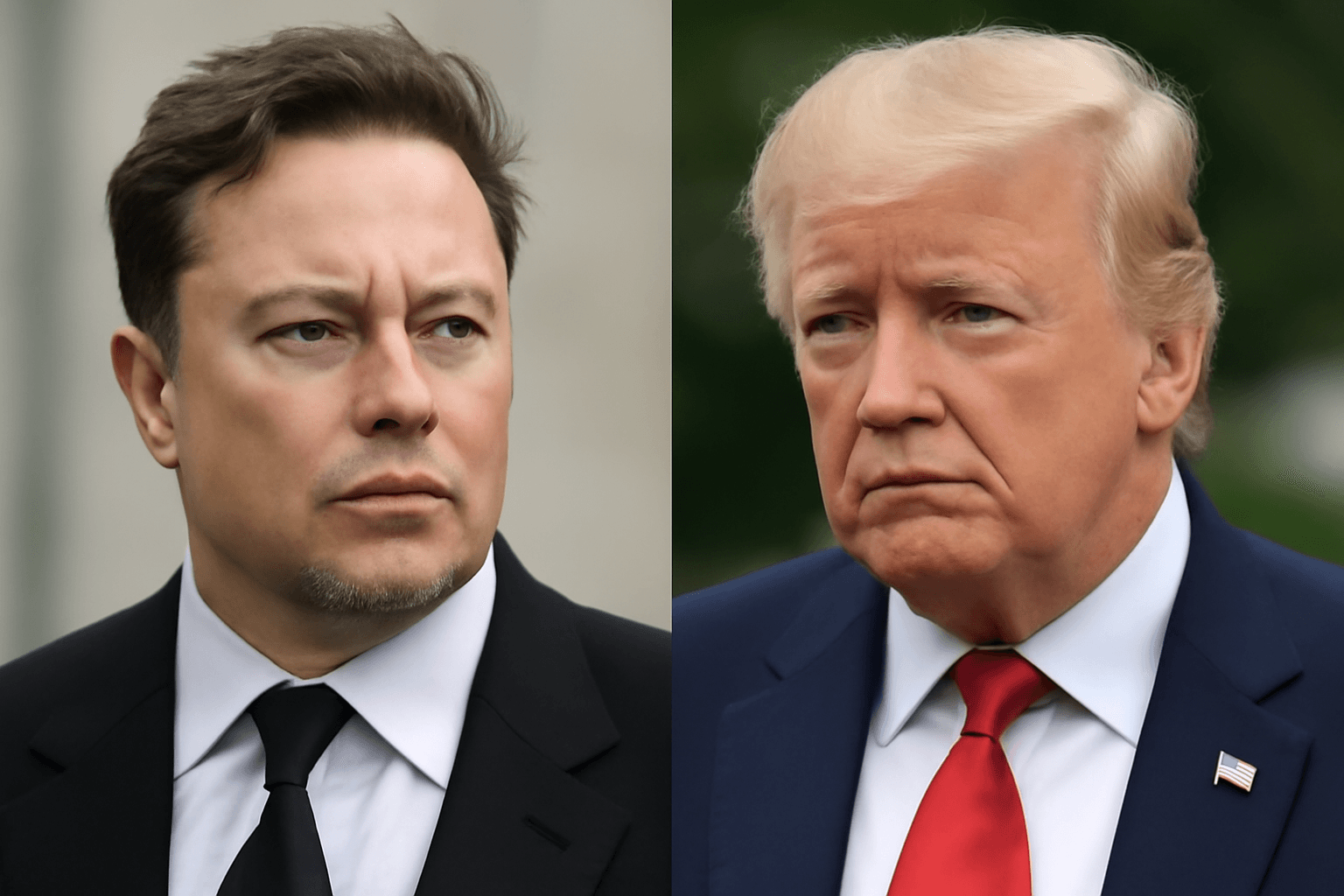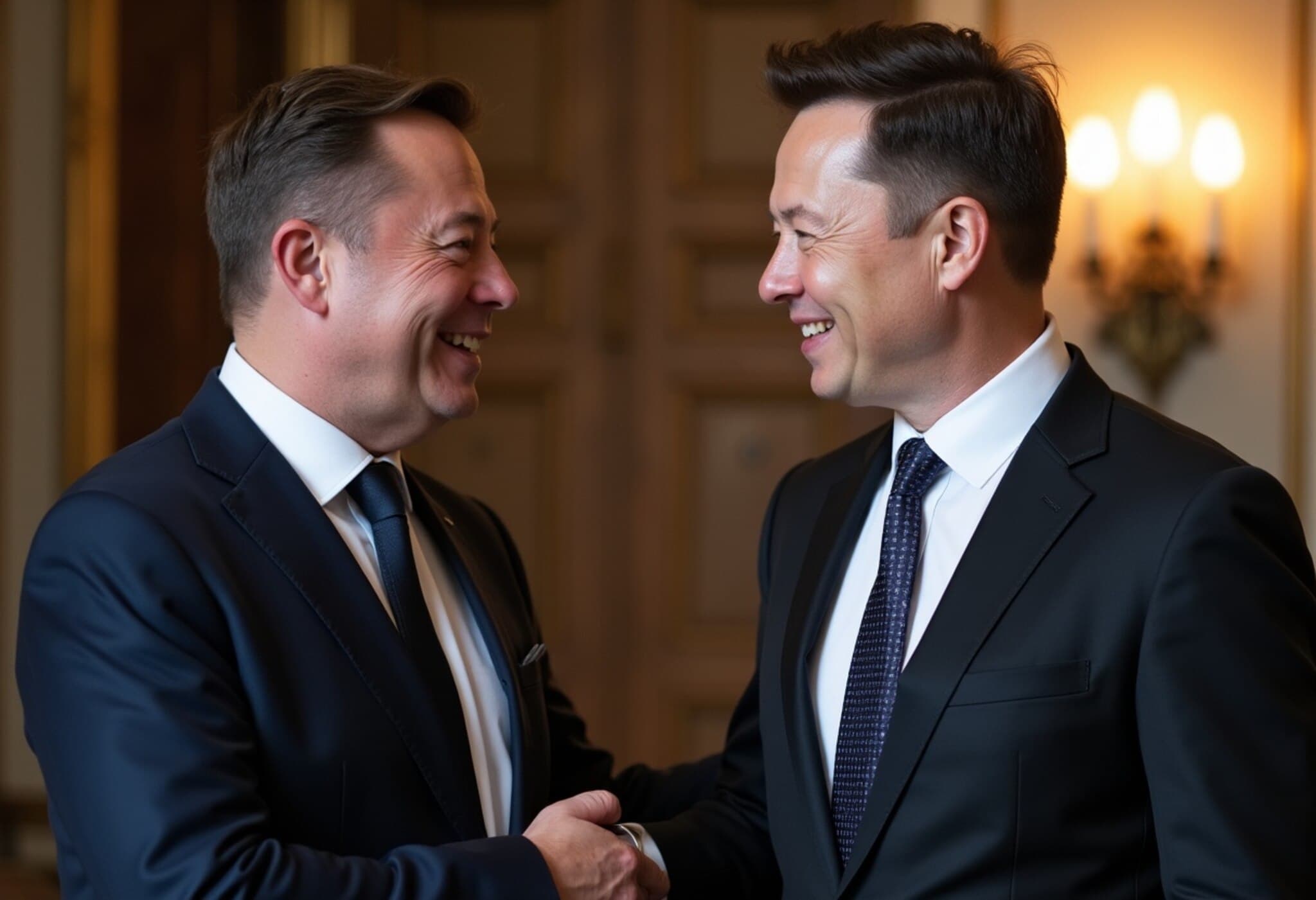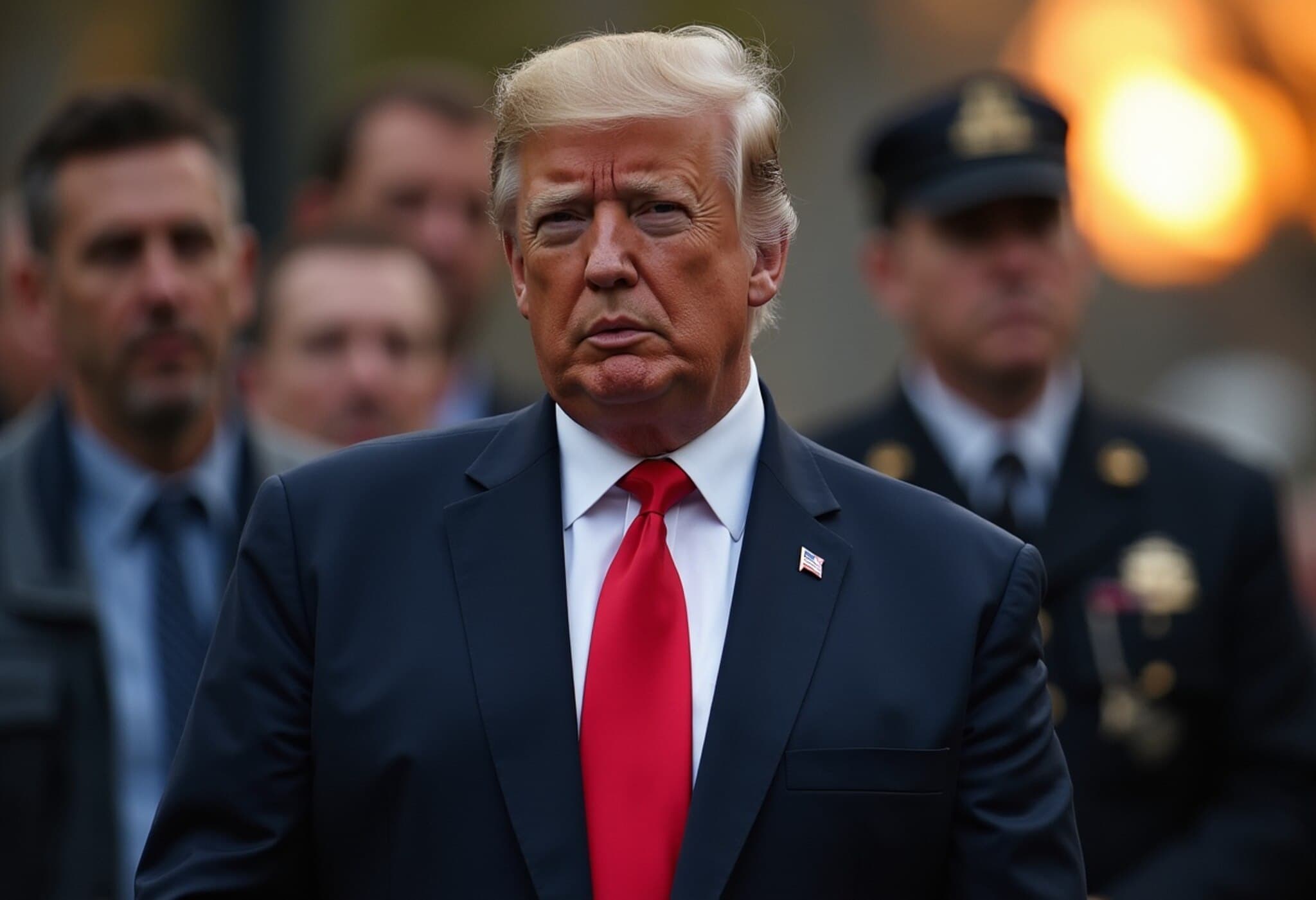Trump Sues Rupert Murdoch and Dow Jones Over Alleged Epstein Birthday Letter
In a dramatic legal escalation, former President Donald Trump initiated a libel lawsuit against media titan Rupert Murdoch, Dow Jones, and the Wall Street Journal reporters following the publication of a controversial article. The piece accused Trump of sending a "bawdy" and inappropriate letter to the late convicted sex offender Jeffrey Epstein on his 50th birthday in 2003. Court documents filed Friday in the Southern District of Florida confirm the suit's lodging, although the detailed complaint remains undisclosed to the public.
Background: The Contested Letter and Media Fallout
The Wall Street Journal reported that the birthday letter was among a cache of documents seized by federal investigators probing Epstein's criminal activities. Trump and Epstein, once acquaintances, had reportedly drifted apart well before Epstein's 2019 arrest on charges of child sex trafficking.
Reacting swiftly, Trump took to his social platform Truth Social, vehemently denying authorship of the letter, describing it as "fake" and "not the way I talk." He directed fierce criticism at Murdoch, calling the newspaper "third rate" and promising to aggressively pursue legal action against them. "I told Rupert Murdoch it was a Scam, that he shouldn't print this Fake Story. But he did, and now I'm going to sue his ass off," Trump declared with characteristic bluntness.
What’s at Stake: Libel Claims in the Age of Media Polarization
This lawsuit highlights the increasingly fraught relationship between high-profile political figures and major media conglomerates. Under U.S. law, defamation suits by public figures face a high bar, requiring the plaintiff to prove "actual malice," meaning the defendant published false information knowingly or with reckless disregard for the truth.
For Trump, whose tenure and post-presidential career have been marked by frequent battles with the press, this case is a test of both journalistic standards and the limits of reputational protection in the digital era. Meanwhile, Murdoch’s empire, which includes Fox News and the Wall Street Journal, plays a central role in shaping narratives across political divides.
Expert Insight: Judicial Challenges Ahead
Legal analysts anticipate a challenging road ahead for Trump’s lawsuit. "Suing a major news organization over an investigative report tied to criminal probes is complex," notes media law expert Professor Linda Weiss. "The courts will closely examine the accuracy of reporting and the intent behind publication, especially given Epstein’s heavily documented criminal background."
Moreover, this case raises critical questions about media responsibility, source verification, and the impact of sensational headlines on public discourse. It also touches on broader themes of misinformation and the weaponization of defamation claims in political conflicts.
The Wider Context: Epstein’s Shadow on Public Figures
Jeffrey Epstein’s scandal continues to reverberate through political and financial elites worldwide. His network implicated numerous influential individuals, provoking intense scrutiny and conspiracy theories. Trump’s lawsuit underscores how Epstein’s legacy still complicates reputations and legal strategies, especially when intertwined with explosive media revelations.
What to Watch Next
- The release of detailed complaint documents will reveal Trump’s specific legal arguments.
- Responses from Dow Jones, Murdoch, and the reporters could clarify their journalistic practices and defense.
- The court’s handling of defamation claims in politically charged contexts could set significant precedents.
Editor’s Note
This unfolding legal battle between Donald Trump and media giant Rupert Murdoch epitomizes the volatile intersection of politics, media, and the law in 21st-century America. Readers should weigh the factual claims amidst heightened political rhetoric and consider the media's role in accountability and public trust. How will courts balance freedom of the press with protection against defamation in an era where information travels instantaneously and polarization runs deep? These are pivotal questions shaping not only this case but the broader democratic discourse.

